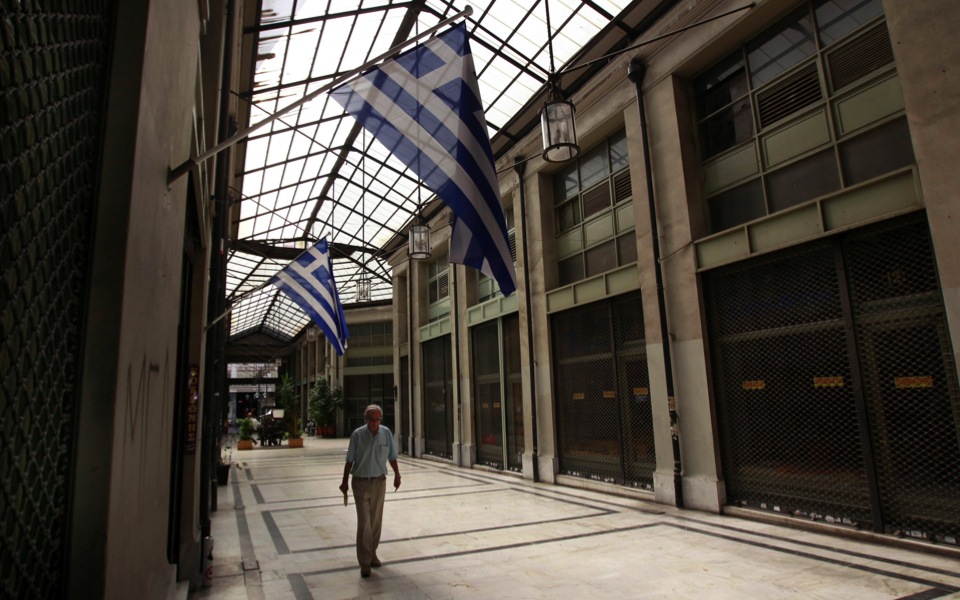An increasing number of Greek firms flee to ‘safe haven’ Bulgaria

Faced with a deep economic crisis at home, at least 11,000 Greek companies have found a safe haven in neighboring low-wage Bulgaria – the poorest member of the European Union.
“We have stability here: reliable taxation, sound legislation and a positive environment,” said Ioannis Politis, manager of Greek hygiene products company Septona, which established a plant in the northern Bulgarian city of Ruse 10 years ago.
Some 120 large Greek businesses set up in Bulgaria in the 2000s in sectors such as retail, metallurgy, fuel distribution, construction and real estate.
And if the Greek crisis put an end to the big-business migration in 2009, a rising number of small and medium Greek companies have continued moving to Bulgaria to take advantage of its lower taxes.
Kostas Mikhail left Athens in 2014 to open a bakery in Sofia. He already has plans to expand his business.
“I don’t think the situation in Greece will impact this,” he said with a smile.
His fellow countryman Panayiotis Douvos made the move in 2011.
“Bulgaria gave me an opportunity to survive, which is difficult in Greece these days,” Douvos told AFP among rows of olive oil bottles and stacks of halloumi cheese in his deli in downtown Sofia. “It is almost impossible to run a business in Greece, companies disappear within one, two, three months because the taxes and (bank) rates are very high.”
The 46-year-old wants to open shops in the Black Sea cities of Varna and Burgas. But the chaos in Athens is still threatening his livelihood.
“All my suppliers are Greek and I am afraid that they might not be able to produce and keep up deliveries for the shop,” he said. “Because of the capital controls in place, they can’t withdraw money for transportation and fuel.”
The crisis in Athens has also spurred the flight of Greek capital into Bulgaria.
“Greek enterprises invested 4.5 to 5 billion euros in six years in Bulgaria’s economy,” Krasen Stanchev of the Sofia-based Institute for Market Economics told AFP.
Meanwhile, between 50,000 and 60,000 Greeks opened accounts in Bulgarian banks over the same period, he added.
But despite images of queues outside banks in Greece, there was no massive transfer of capital to Bulgaria in 2015 because “the game was already over,” Stanchev said.
[AFP]





